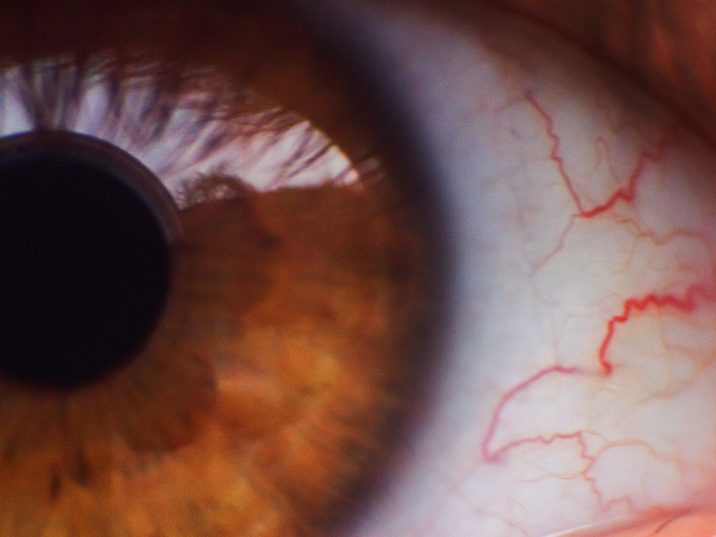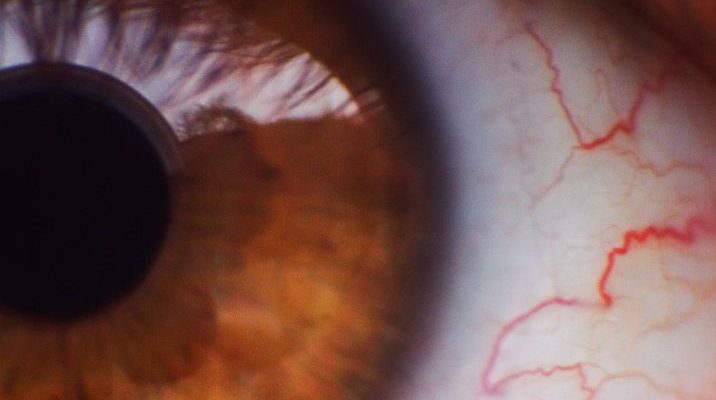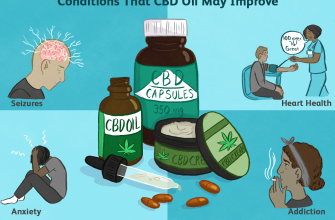Important! All information is provided for informational purposes only and does not encourage cultivation or consumption.
Recently, the number of searches for “why have I been having strange dreams lately” on Google has quadrupled. It appears that the global coronavirus pandemic has triggered disturbing dreams related to lockdown or its other consequences. Therefore, it is not surprising that you have been experiencing difficulties with sleep since the start of the pandemic and would like to solve them.

Cannabis may provide an effective treatment for patients with chronic insomnia, according to a new study from Australia. Although anecdotal reports have previously suggested this possibility, this study represents the first double-blind, placebo-controlled clinical trial demonstrating scientific evidence of marijuana’s effect on this disease.
The independent study was funded by medical marijuana company Zelira Theotherapy and conducted by researchers at the University of Western Australia.
The study began in 2018 after scientists recruited 23 participants who were diagnosed with chronic insomnia. These subjects were then given either an active dose of cannabis or a placebo for two weeks. Single and double doses were allowed, depending on the preferences of the patients and the severity of their symptoms. Active marijuana tincture was a proprietary blend of cannabinoids called ZTL-101 containing both THC and CBD. At present, researchers do not reveal the exact formula.
The researchers measured the subject’s sleep quality in several ways, including digital sleep trackers, subjective responses, and the Insomnia Severity Index (ISI), a medical questionnaire used to record insomnia symptoms.
Among those who took an active dose of marijuana, WBI scores dropped by 26 percent, and the decline was higher for those who took a double dose of the tincture. The treatment participants also got more sleep, falling asleep faster and returning to sleep after waking up, than did the placebo group. They also reported feeling less tired, less stressed and reported a significant improvement in their quality of life.

“This study represents the most rigorous clinical trial ever conducted to evaluate the therapeutic potential of medicinal cannabis in the treatment of symptoms of chronic insomnia,” lead investigator Peter Eastwood said in a statement. “The fact that ZLT-101 treatment produced statistically significant, dose-dependent improvements across a wide range of key measures of insomnia is impressive, especially given the relatively short two-week duration of the drug.”
About 30 percent of Americans suffer from insomnia. Those who suffer from chronic pain, cardiovascular disease, and psychiatric disorders such as anxiety or depression are more likely to fall prey to this disease. A recent study also found that medical marijuana helps patients with chronic pain who suffer from insomnia sleep through the night. However, it also found that people with the condition may eventually develop a tolerance to marijuana, which can lead to interrupted sleep.





